“Warsaw Rising 1944. We wanted to be free and owe this freedom to nobody” exhibition is open for visitors in Haus am Dom in Frankfurt on Main in Germany from 4 July 2025 till 24 August 2025.
The opening citation “We wanted to be free and owe this freedom to nobody” are the words of Jan Stanisław Jankowski who was Deputy Prime Minister of the Polish Government on 1 September 1944. This one sentence encompasses the profound meaning of the Warsaw Rising. The exhibition presents a wide historical context of the Warsaw Rising as well as military, political, international and social aspects of this Polish battle for freedom in August and September 1944.
The story of the Warsaw Rising is told in a synthetic form of twenty modules, each one dedicated to a different subject. The textual content of the exhibition plays a very important role. It is clear and easy to understand as it underlines universal values (freedom, independence, dignity) that were key to the participants of the Warsaw Rising when they stood up against totalitarian evil.
Each module is illustrated by the iconographic materials that come from Warsaw Rising Museum’s Archive with particular attention dedicated to the photographs taken in the Rising and items collected by the Museum.
Warsaw Rising was the final act of Polish fight against the foreign oppression and the desire for domination over Poland during the Second World War. It was also the final and heroic act of Polish Underground State, a structure of state administration in the occupied country, and an unique organization in the world. Poorly armed soldiers of the Home Army were able to resist for more than 2 months against German army well-equipped with artillery, tanks and aircraft. The abandoned insurgents had finally to surrender and Poland was left alone with Soviets and communism imposed by them
Paweł Ukielski, Deputy Head of the Warsaw Rising Museum
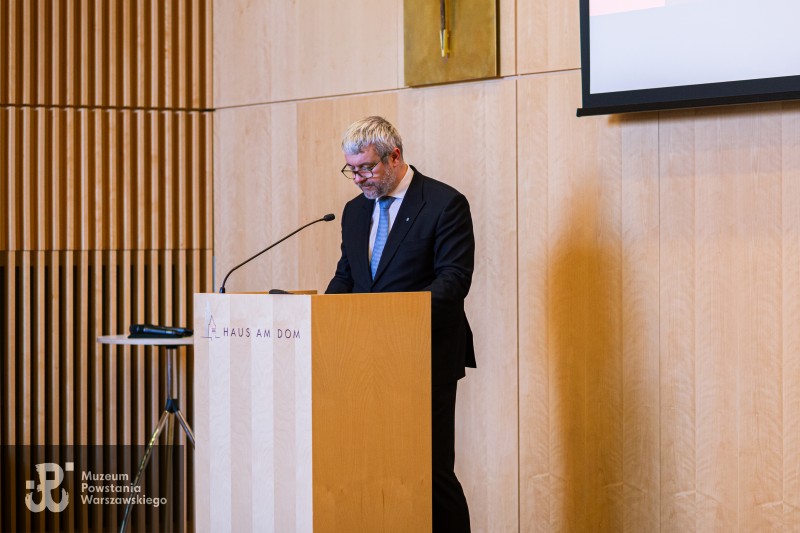
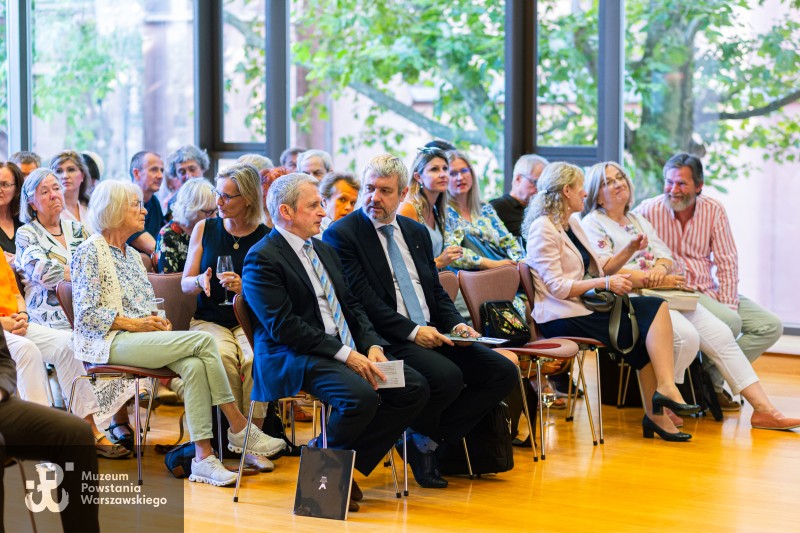
The WW2 history, with the tragic fate of the Warsaw Rising 1944 in particular, inextricably links the fates of Poland and Germany. The Polish Institute in Düsseldorf always supports all initiatives that aim at reconciliation, mutual understanding and the presentation of the Polish-German shared history.
Rafał Sobczak, Director of the Polish Institute in Düsseldorf, Germany
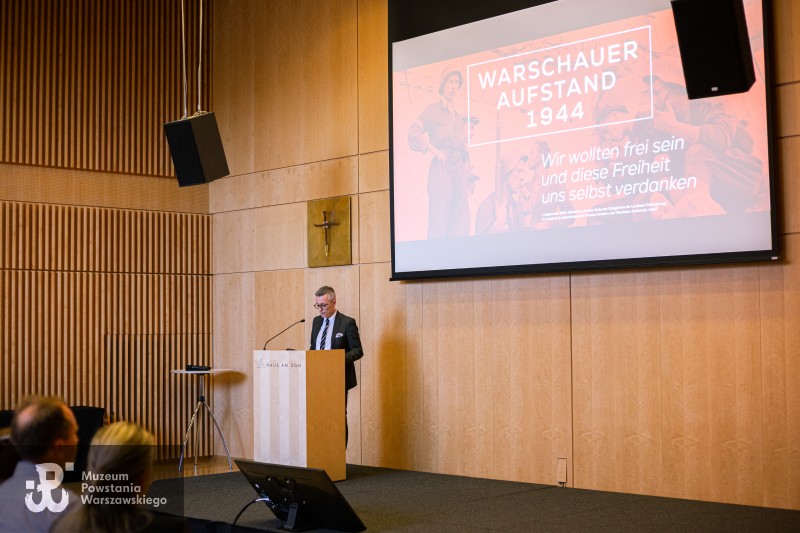
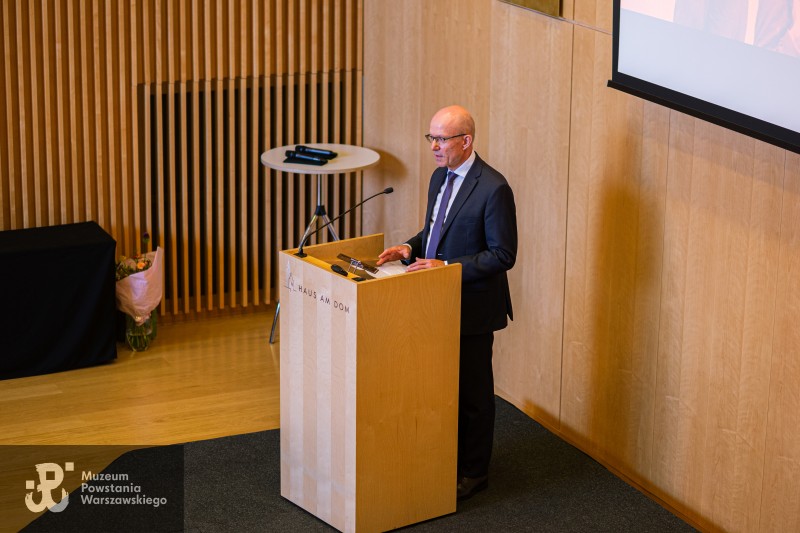
Frankfurt's history is linked to the Warsaw Uprising in a special way. Because here, in the middle of the city - not hidden, but visible to all - was the Katzbach satellite concentration camp in the production halls of Adlerwerke. [...] The history of the Katzbach concentration camp cannot be told without the history of the Warsaw Uprising. Because the history of this camp is above all the history of the people who suffered and died there - the majority of them insurgents from Warsaw.
Joachim Valentin, Director Haus am Dom
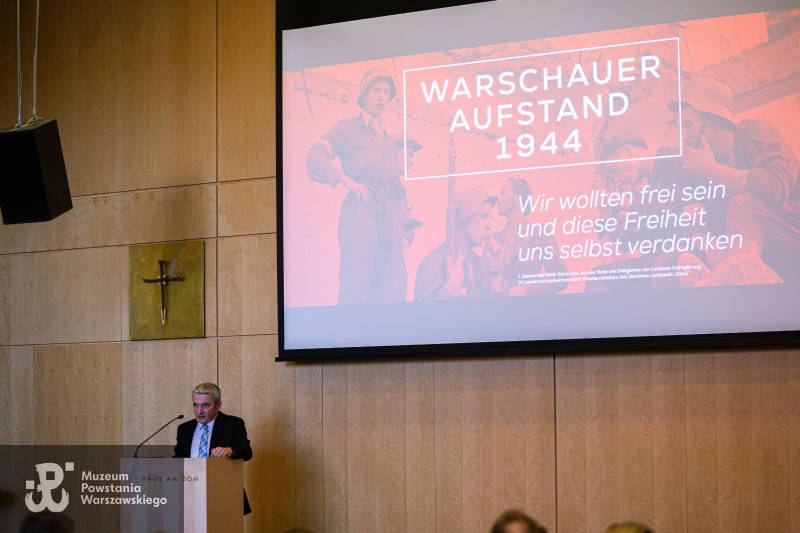
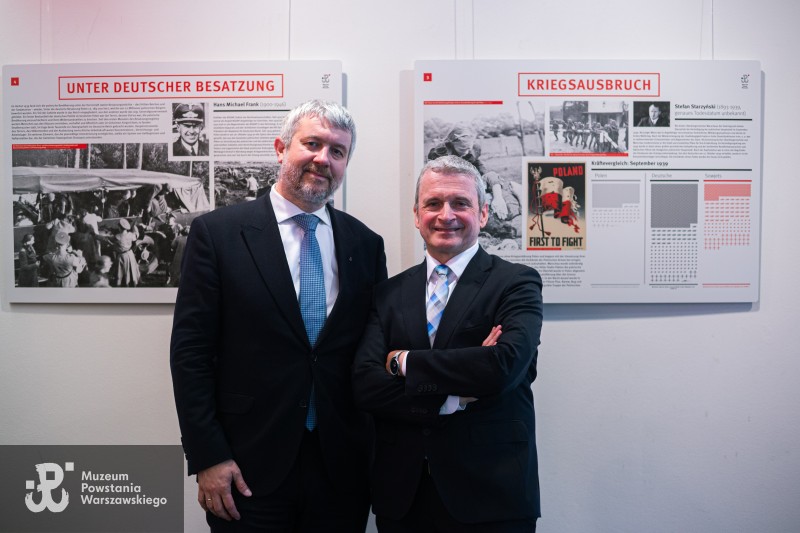
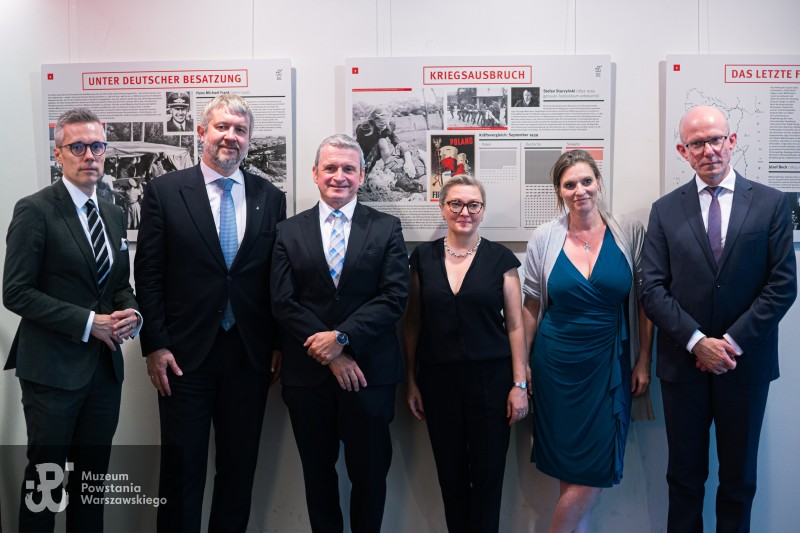
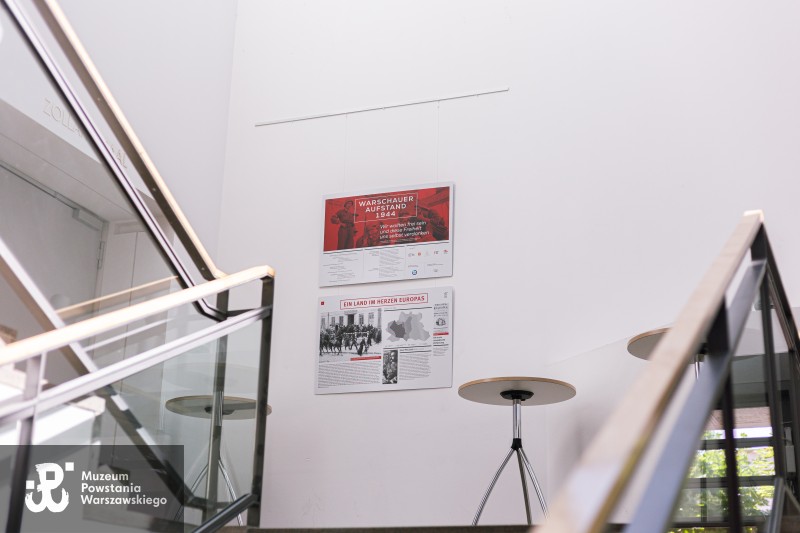
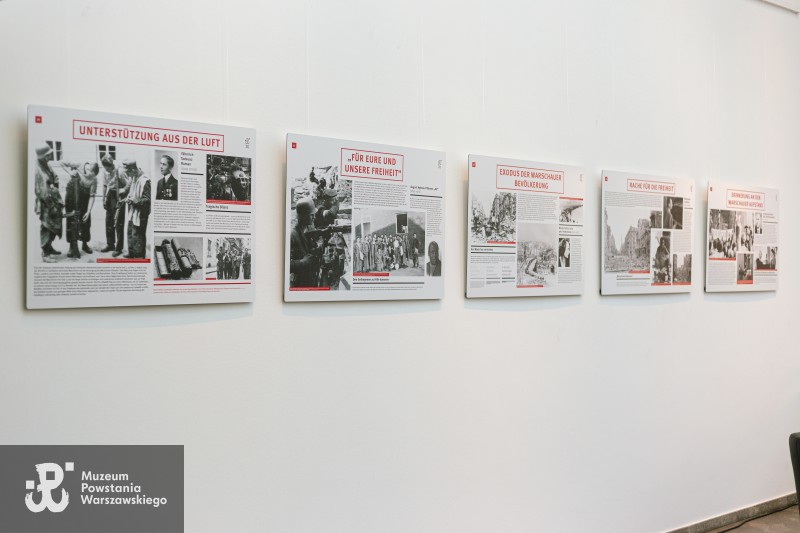
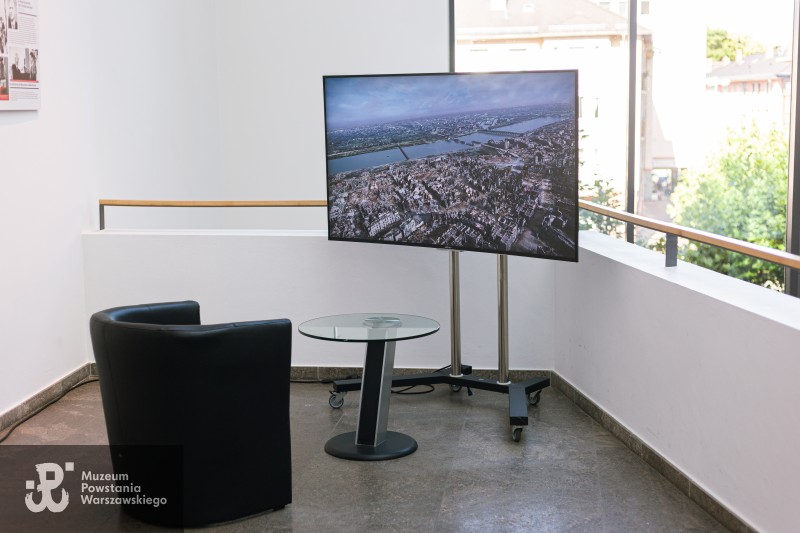
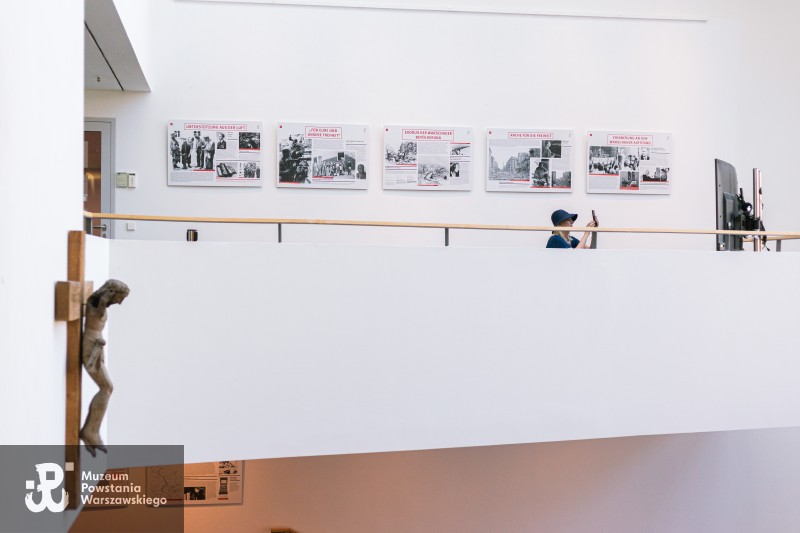
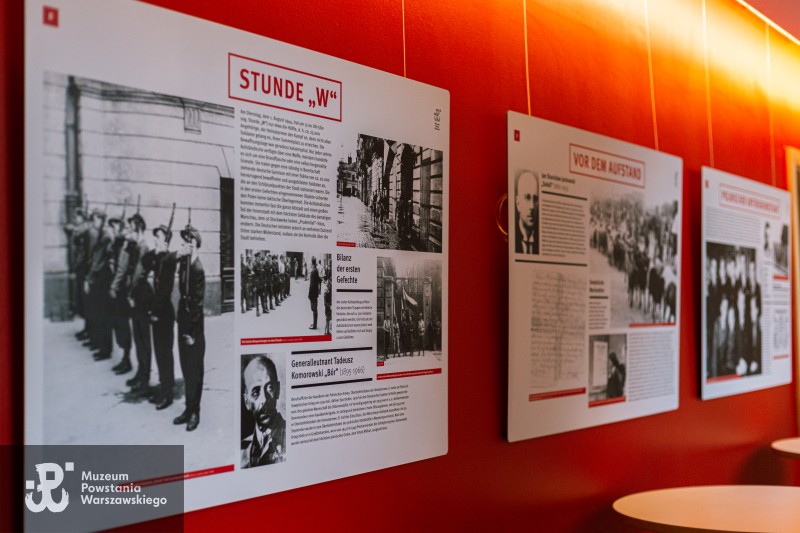
Photos: Justyna Grochowska/Warsaw Rising Museum















